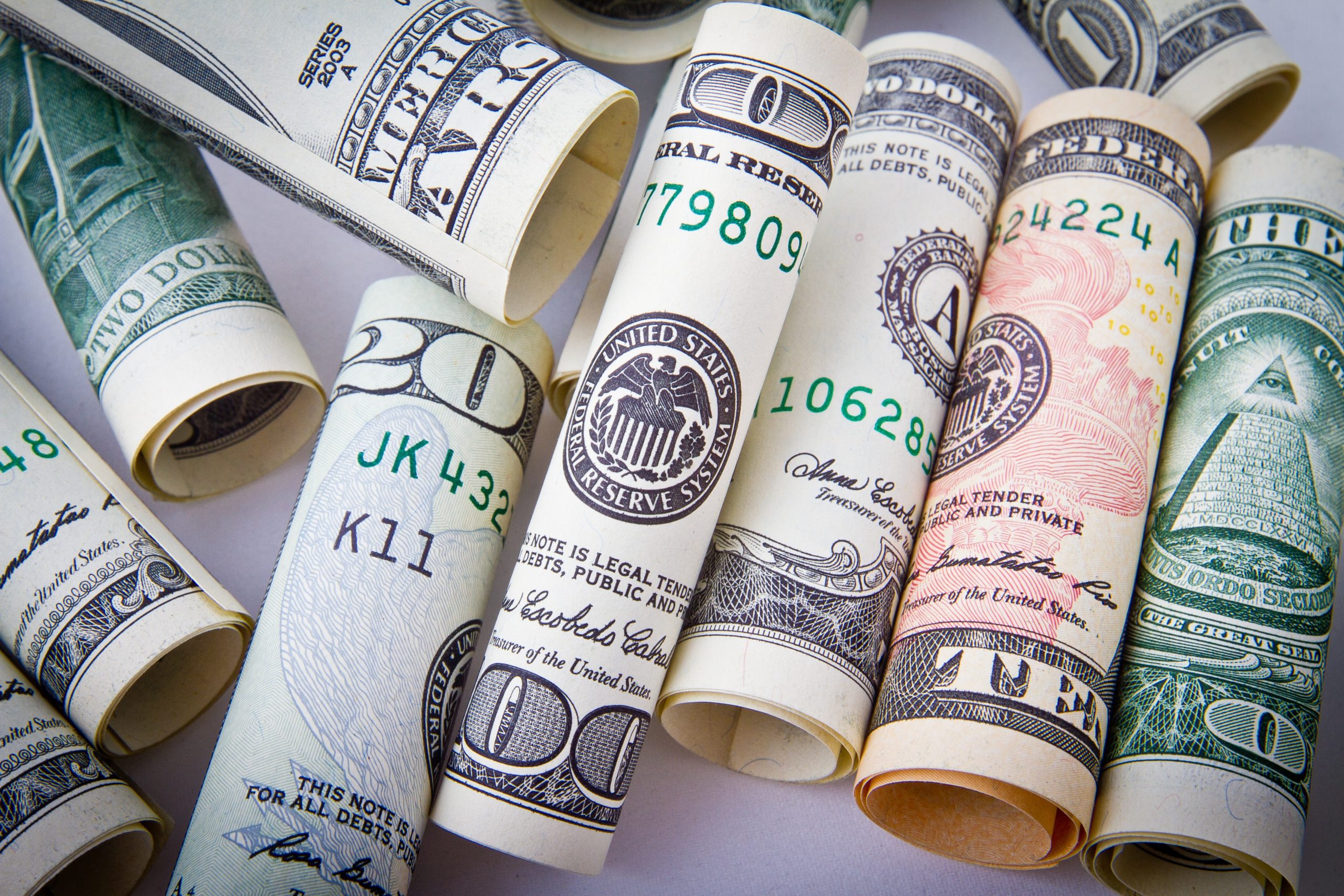Welcome to the world of finance, where every move counts! Today, we are going to explore a topic that has been on everyone’s mind for some time now. Yes, you guessed it right – Russia’s dependence on toxic euro and dollar. Amidst the ongoing geopolitical tensions and trade wars, this issue has gained immense importance in recent years. As we delve deeper into this matter, let us understand why people consider these currencies “toxic,” what implications they have for Russia’s economy, and how they are affecting global markets. So sit tight as we embark on an exciting journey filled with insights and knowledge!
Europe and Russia’s ‘toxic’ relationship
Europe and Russia have had a rocky relationship for centuries. In recent years, the relationship has become even more strained, as each side accuses the other of meddling in its affairs. The latest source of tension is Russia’s dependence on the Euro and Dollar.
Russia has been trying to wean itself off of the Euro and Dollar for years, but has so far been unsuccessful. The reason for this is simple: Russia relies heavily on exports, and most of its trade is done in Euros and Dollars. This means that when the value of the Euro and Dollar falls, Russia’s economy takes a hit.
The situation came to a head in 2014, when Russia’s economy was dealt a severe blow by Western sanctions. These sanctions were put in place in response to Russia’s annexation of Crimea. In addition to hurting Russia’s economy, the sanctions also caused tensions between Europe and Russia to flare up.
The situation has improved somewhat since then, but relations between Europe and Russia are still tense. The latest source of tension is Russia’s dependence on the Euro and Dollar. As long as Russia continues to rely on these currencies, it will be at the mercy of European and American economic policies.
How sanctions have impacted Russia’s economy
The sanctions have had a profound impact on Russia’s economy. The country is now in a recession, with its GDP contracting by 3.7 percent in 2015. The sanctions have also caused capital flight, with an estimated $151 billion leaving the country in 2015. This has led to a decline in the value of the ruble, and inflation has risen to nearly 16 percent. The sanctions have also made it difficult for Russian companies to access international capital markets.
The rise of the ruble and its effect on imports/exports
When the Soviet Union collapsed in 1991, so did the ruble. It lost more than three-quarters of its value against the dollar in just a few years. This made imported goods prohibitively expensive for most Russians and decimated domestic manufacturers who couldn’t compete with cheap foreign products.
The ruble began to rebound in the late 1990s, but it wasn’t until 2000 that it started to regain serious ground against the dollar. By 2008, it had more than doubled in value. This was good news for Russian consumers, who could now afford to import more goods, and bad news for Russian manufacturers, who were once again undercut by cheaper foreign competition.
The global financial crisis of 2008 hit Russia hard, and the ruble plunged in value once again. It has since recovered somewhat, but remains far below its pre-crisis peak. The current situation is a mixed bag for Russian businesses: while imports are still relatively expensive, exports are more competitive thanks to the weak ruble.
How Putin’s government is trying to wean Russia off the euro and dollar
In an effort to wean Russia off the euro and dollar, Putin’s government has been pursuing a number of different policies. One such policy is to increase the use of the Russian ruble for international transactions. Another is to encourage the use of other currencies, such as the Chinese yuan, for trading with Russia. Finally, Putin’s government has been working to increase Russia’s foreign exchange reserves so that it is less reliant on these two currencies.
The reason for this focus on reducing dependence on the euro and dollar is because Putin believes that these currencies are “toxic” for Russia. He has argued that they allow Western countries to exert too much influence over Russia’s economy. By diversifying away from these currencies, Putin hopes to make Russia’s economy more resistant to external shocks and reduce its vulnerability to sanctions.
So far, however, these efforts have only had limited success. The euro and dollar continue to dominate Russian trade flows, and most Russians still prefer to hold their savings in these two currencies. As long as this remains the case, it will be very difficult for Putin to reduce Russia’s dependence on them.
The implications of a successful de-dollarization campaign
If Russia were to successfully de-dollarize its economy, it would have far-reaching implications both domestically and internationally. Domestically, it would mean less reliance on imports of goods and services denominated in dollars, and could lead to increased economic stability. It would also likely boost the Russian ruble’s international status and use.
On the international stage, a successful de-dollarization campaign by Russia could reduce America’s influence in the global economy and shift the balance of power away from the dollar. This could have major implications for American businesses and consumers who rely heavily on dollar-denominated trade. In addition, it could lead to more countries pursuing their own de-dollarization agendas, further chipping away at America’s economic dominance.
Conclusion
Russia’s current dependence on the ‘toxic’ Euro and Dollar has far-reaching implications as it affects both its economic and political activities. The Russian economy is heavily reliant on export earnings in these two currencies, making it vulnerable to external shocks. In addition, the reliance also limits Russia’s ability to pursue independent monetary policy goals. As such, it is important for policymakers to explore alternative sources of foreign exchange that can reduce this dependence and make the nation more self-sufficient when it comes to its finances.




